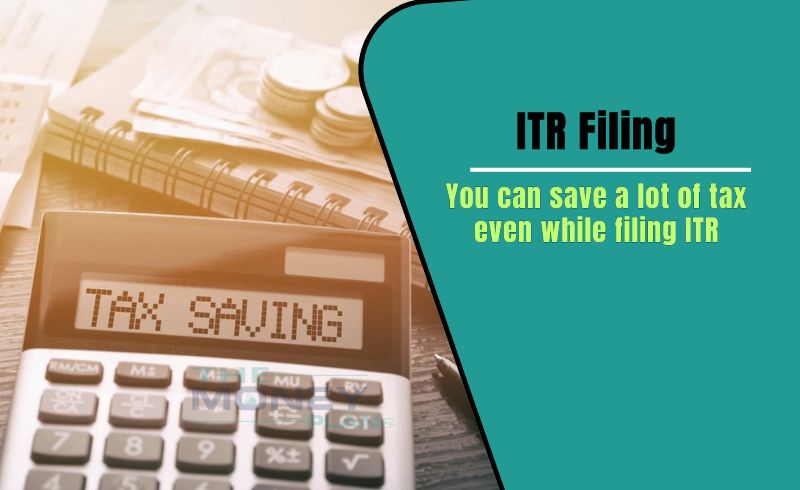The deadline for filing income tax returns is July 31. Here we are telling you how you can save tax while filing ITR. Many times you forget to tell your employer about your expenses and tax saving investments.
There may be investment in PPF or ELSS mutual fund scheme. It is possible that you are living in a rented house but you have not given the necessary documents to the employer for claiming HRA. In such cases, the employer may have deducted tax from your salary. Here we are telling you how you can save tax while filing ITR.
Exemption under section 80C
Under Section 80C of the Income Tax Act, tax exemption is available on many investment options. These investment options include EPF, PPF, Sukanya Samriddhi Yojana, NSC, Tax Saving Mutual Fund (ELSS) and Tax Saving FD etc. You can avail income tax exemption under Section 80C on the savings made through these investment options.
Similarly, you can get income tax exemption on investment of up to Rs 1.5 lakh including premium of life insurance etc. and many other options. Apart from this, you can also claim income tax exemption under Section 80C on only tuition fees for the education of two children, part of the principal amount included in the home loan installment, stamp duty and registration charges in the purchase of a house etc.
Also Read: HDFC Bank is going to shut down some of its services for about 13 hours next week
House Rent Allowance (HRA)
If your salary includes a House Rent Allowance (HRA) component and you have not submitted the necessary documents to your employer to claim tax deduction on it, then there is still time to get this exemption. Now when you are filing income tax return, you can claim tax deduction on HRA. Tax exemption is available on HRA under Section 10 (13A) of Income Tax.
The salary that determines HRA includes basic salary, dearness allowance and commission. An important condition for this is that you are paying rent for the house in which you live. Tax exemption will be available only on such rent. The amount of tax saving on home loan depends on factors such as loan amount, interest rate and personal tax slab. You can avail deduction of up to Rs 2 lakh on interest paid under Section 24 and up to Rs 1.5 lakh on repayment of principal under Section 80C
Investment in NPS
NPS account holders get income tax exemption of up to Rs 1.5 lakh under section 80C and an additional Rs 50,000 under section 80 CCD. However, income from annuity is taxable. By adding this income to all your other earnings, your slab will be determined and income tax will have to be paid accordingly. On the other hand, in the Tier-1 account of NPS, benefits of tax exemption are available on both contribution and withdrawal. In such a situation, account holders will also get this benefit.
Health Insurance
Under Section 80D of the Income Tax Act, tax exemption is available on health insurance premium. This exemption is available on the premium paid for health policies taken for oneself, children or parents. But did you know that there is another way you can save tax and it has nothing to do with the premium payment of your health insurance policy. This exemption can be claimed under Section 80DDB.
Section 80D deduction also applies to mediclaim taken in the name of any of your family members. Under Section 80D, an individual can claim a tax deduction amount of Rs 25,000 on insurance for oneself, a spouse or dependent children. If the individual or the spouse is a senior citizen, the deduction amount is fixed at Rs 50,000.
